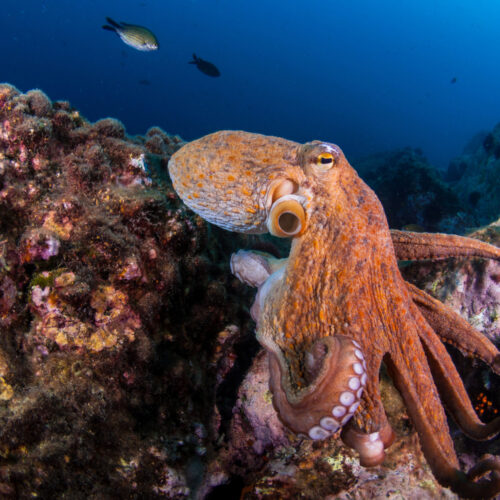Werner Herzog muses on mysteries of the brain in Theater of Thought
Werner Herzog has made more than 60 films over his illustrious career. His documentaries alone span an impressive topical range, from the life and death of bear enthusiast Timothy Treadwell (Grizzly Man) to people who choose to live and work in Antarctica (the Oscar-nominated Encounters at the End of the World) or a haunting exploration of the oldest human paintings in France's Chauvet Cave (Cave of Forgotten Dreams). His latest offering, Theater of Thought, tackles what might be his most ambitious subject yet: the mysterious inner workings of the brain.
Theater of Thought premiered in 2022 at the Telluride Film Festival in Colorado and is now getting a theatrical release. Herzog's inspiration grew out of his conversations with Rafael Yuste, a Columbia University neurobiologist who also served as scientific advisor on the film. "How can we read thoughts?" he writes in his director's statement. "Can you implant a chip in your brain and in my brain, and see my new film without a camera? Why is it that some young people immerse themselves in video games and become addicted to completely artificial worlds? Sometimes mice even prefer invented cartoon worlds, so who is the ghost writer of our mind, of our reality?"
The topic might be scientific in nature, but Theater of Thought is not really a science documentary, despite Herzog's use of the classic talking head format. It's more of a personal, almost quixotic quest, with plenty of random branching digressions along the way. "It was like a road movie, one Monument Valley and one Grand Canyon, then one Mount Everest after the other," Herzog told Ars. "You just couldn't stop wondering and enjoying." For the viewer, it's as much a journey through the eccentric workings of Herzog's endlessly curious, nimble mind.


© Argot Pictures

